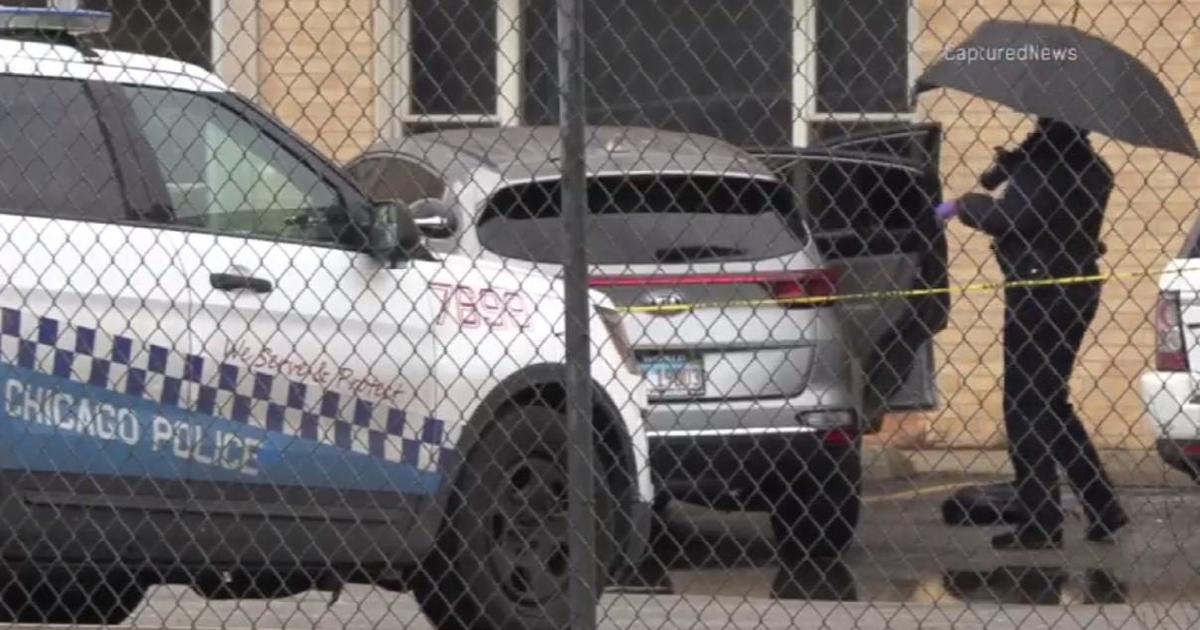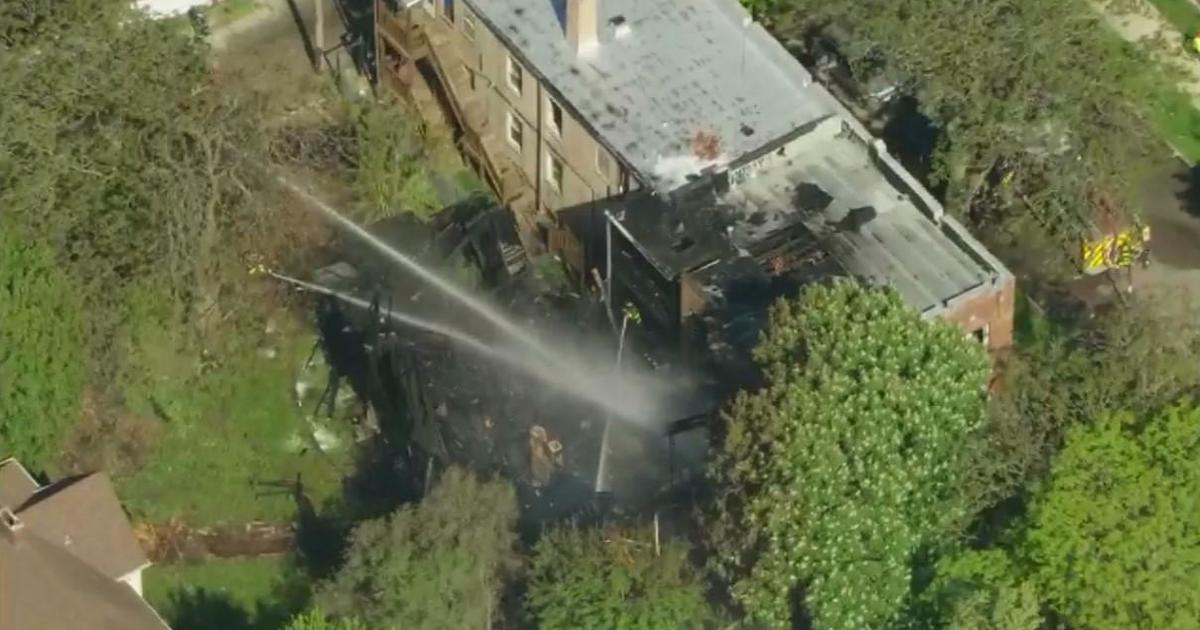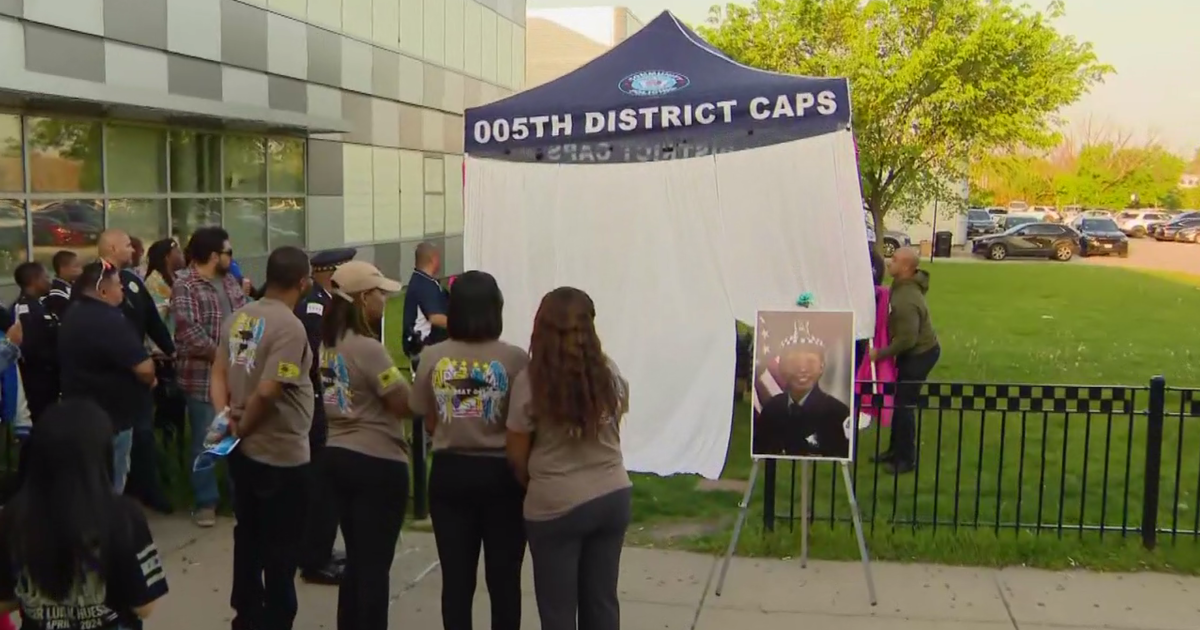After almost 80 years, a Chicago man killed in World War II finally laid to rest
CHICAGO (CBS) – Wednesday was an extra special morning for a Northfield family, one they've waited almost 80 years for, as they officially buried a Chicago native whose plane was shot down during World War II.
Morning Insider Lauren Victory explains why the funeral is decades-delayed.
"This is one of my favorites," said Sue Nelson, pointing to an old photo of her dad and his two brothers. In the picture is Addison Baker, the uncle she never met.
Lt. Col. Baker, a pilot for the Army Air Corp, died during World War II.
"He refused to jeopardize the mission," said Nelson, reading from the description of his Medal of Honor that was awarded to him after his death. "His aircraft crashed in flames."
Col. Baker's body, along with those of nearly 500 other servicemembers, landed somewhere in Romania on August 1, 1943. Operation Tidalwave was an attempt to bomb oil refineries used by the Germans.
"I think we just assumed there wasn't much of anything to be recovered which is true up until this year which is why we were just so incredibly surprised," said Nelson.
The surprise was a phone call from the Defense POW/MIA Accounting Agency (DPAA) telling the lost pilot's family that he'd been found.
"For him, he came all from a single grave," said Dr. Carrie Brown, a forensic anthropologist for DPAA.
Dr. Brown and Dr. Katie East spoke with CBS2 over Zoom from a DPAA lab in Nebraska. They're part of a team of scientists tasked with locating then identifying remains of military men and women. Between World War II and the late 1980s, more than 80,000 service members are unaccounted.
"We believe about 38,000 are recoverable and ultimately, hopefully identifiable," said Dr. Brown who said it takes 2-3 years on average to make a match.
"That's really special and it makes the work every day worth it," said Dr. East about how it feels to close a case and notify a family.
Making an ID was even trickier years ago because remains like Col. Baker's were moved around to different cemeteries in Europe before coming to the U.S.
"Obviously there's a lot of chaos going on and there's limited resources, the techniques aren't as good as what we have today," explained Dr. Brown.
Nowadays, the DPAA team isolates battles and focuses on certain dates and areas. They sample soils and use context clues. Of course, DNA technology plays a big role, too – it's what cracked Col. Baker's case.
"To me, it is just absolutely amazing that the government is doing this kind of work," said Nelson.
She and her extended family gathered at Arlington National Cemetery on Wednesday morning for a proper and final burial with military honors. Col. Baker finally was laid to rest in the country he loved and died for.




